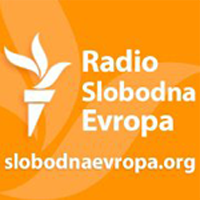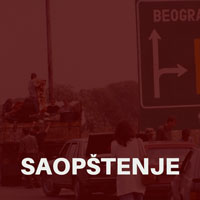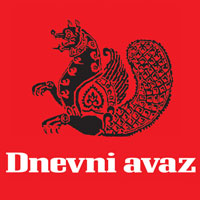(srpski) ‘Ružna predstava u Prijedoru u kojoj počast neće dobiti nijedna žrtva’

Sorry, this entry is only available in srpski.


Sorry, this entry is only available in srpski.

Sorry, this entry is only available in srpski.

Sorry, this entry is only available in srpski.

Sorry, this entry is only available in srpski.

Sorry, this entry is only available in srpski.

Sorry, this entry is only available in srpski.

Sorry, this entry is only available in srpski.

Sorry, this entry is only available in srpski.

Sorry, this entry is only available in srpski.

 Although Serbia has been prosecuting some Bosnian Serb ex-soldiers and policemen for crimes committed during the 1995 Srebrenica massacres, the cases have been marred by repeated delays and experts say the final sentences are inexplicably lenient.
Although Serbia has been prosecuting some Bosnian Serb ex-soldiers and policemen for crimes committed during the 1995 Srebrenica massacres, the cases have been marred by repeated delays and experts say the final sentences are inexplicably lenient.On July 13 and 14, 1995 Bosnian Serb forces killed 1,313 Bosniak men in the warehouse in the village of Kravica after they were captured following the fall of Srebrenica.
The four names were among those read out by judge Mirjana Ilic at Belgrade Higher Court during a hearing on June 30, when the court was examining evidence including death certificates and DNA findings about the identities of the victims who were found in the Ravnice mass grave and others around Srebrenica.
The court is currently trying seven members of the Republika Srpska Interior Ministry’s Special Police Brigade for their alleged involvement in the executions at the Kravica warehouse.